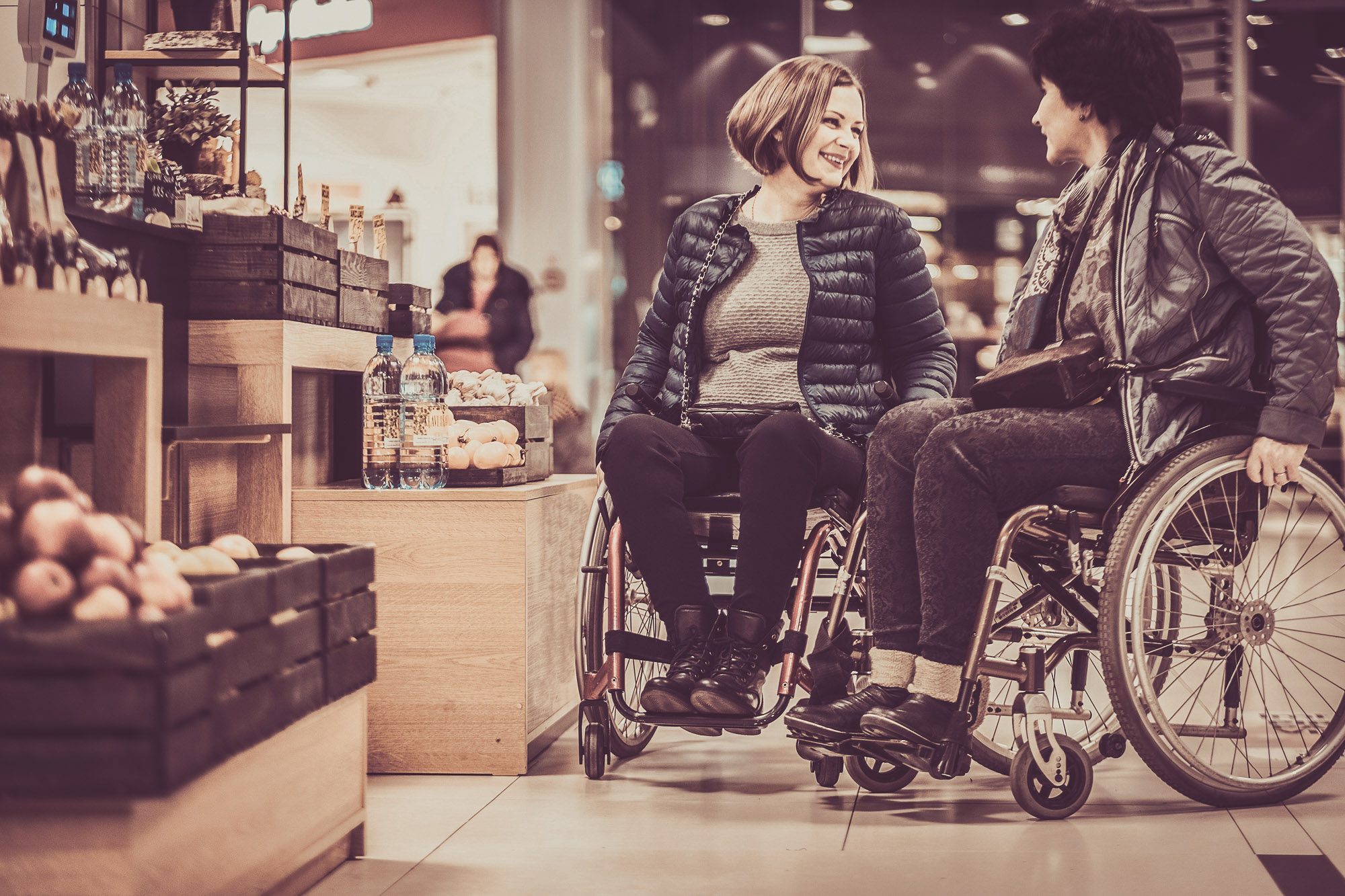National Save your Vision Month is a campaign that aims to promote good eye health. Recent studies indicate that 60% of people spend more than six hours on digital devices; this can have a negative impact on eye health as these devices emit harmful blue light. It is vital to understand the early symptoms of visual impairment. There are many signs that people might live with a visual deficiency:
Daily Activities
- Changes in performing everyday activities, such as driving or watching TV.
- Struggling to get an object in focus.
- Difficulty locating objects in a familiar environment, such as home or work.
Mobility
- Leaning against walls when walking.
- Bumping into objects.
- Struggling to walk on uneven surfaces.
Eating/Drinking
- Trouble to maintain hand-eye coordination, such as getting food onto a utensil, serving from a platter or knocking items over whilst reaching for something else.
- Frequently spilling food and drinks.
Reading/Writing
- Difficulty reading from afar or without holding an object, such as books or tablet screens, at an odd angle.
- Trouble to write on the lines of a piece of paper.
- Struggling to maintain clear handwriting.
- Frequently finding the lighting inadequate for reading and writing.
If you suspect you have a visual impairment and experience any of the above symptoms over a period of two weeks, you should have an eye exam. For further information on sight impairment, many organisations can provide you with the right support and guidance:
- RNIB – the Royal National Institute of Blind People is one of the UK’s leading sight loss charities and the largest community of blind and partially sighted people.
- Sense – in addition to practical support, Sense offer information to families, and campaign for the rights of people with complex disabilities, such as deafblind people, to take part in life.
- Vision Foundation – a charity that aims to transform the lives of people facing or living with sigh loss by funding projects which inform, empower and include.
What Grants are Available for Blind and Visually Impaired People?
If you are blind or have a visual impairment, there may be grants, benefits or other financial support available to you. Here is a list of organisations that offer grants and financial support:
The Gardner’s Trust for the Blind
The Gardner’s Trust for the Blind provides financial support to registered blind and partially sighted people in the United Kingdom. They award one-off grants towards education, training and household items.
Guide Dogs offer grants to blind and visually impaired young people under 18 towards assistive or adaptive technology and sensory items. They only fund items that are not available from statutory services and are intended for home use only.
The Royal National Institute for the Blind (RNIB)
The RNIB offers grants to UK residents who are registered blind or partially sighted and receive a means-tested benefit, such as Income Support, Housing Benefit or Council Tax Benefit.
Access to Work is a funded employment support programme that aims to support people with disabilities to start or stay in work. It can provide practical and financial help for disabled people in many ways:
- Start working.
- Stay in work.
- Transition into self-employment or starting a business.
The scheme does not cover business start-up costs and how much applicants get depends on their personal circumstances. The grant does not have to be paid back and will not affect other benefits.
Visual impairments affect a huge number of people, some of whom have been blind since birth and others that develop blindness later in life. You can find out more about useful career resources for blind and visually impaired people on our website’s dedicated page.











